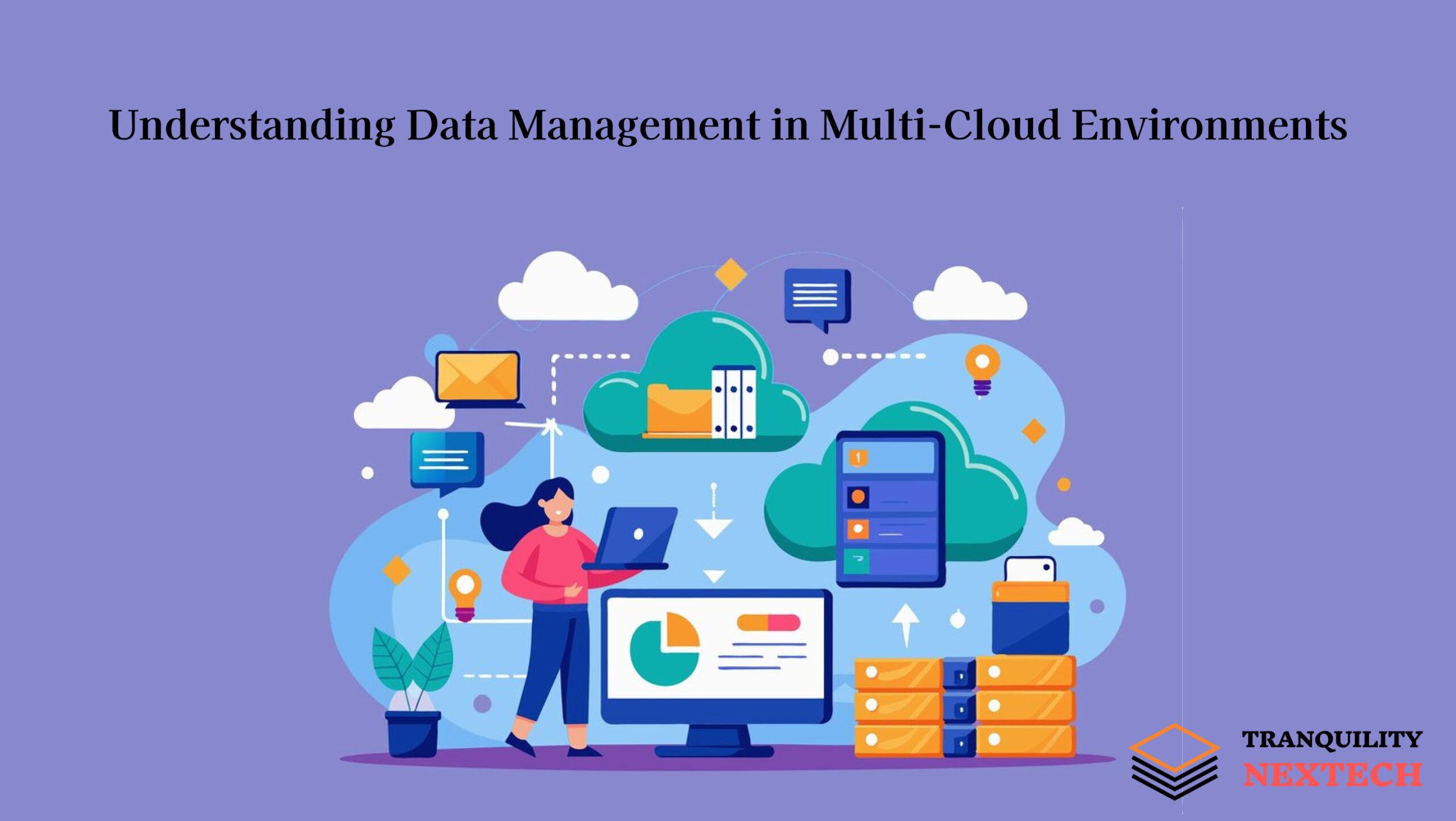Cybersecurity is important for any business today, especially in the digital environment. Cloud technology has revolutionized data storage, access, and sharing, allowing organizations to experience almost endless versatility and elasticity. However, as more and more data gets pushed into the cloud, aspects such as data security are magnified. In this article, I will discuss the measures crucial to adopt concerning security in cloud computing that every business enterprise should employ to protect their information in the current cloud age.
The Rise of Cloud Computing and Cybersecurity Risks
The widespread adoption of cloud computing has made data more accessible than ever. Yet, with increased access comes an increase in vulnerabilities. Companies today rely heavily on the cloud for storing sensitive customer information, financial records, and intellectual property. Unfortunately, this makes the cloud a prime target for cybercriminals who exploit weaknesses in cloud infrastructure to gain unauthorized access to data.
Understanding Cloud Security Threats
Before diving into solutions, it’s important to understand the common cloud security threats that organizations face. These include:
- Data Breaches: Unauthorized access to cloud-stored data due to weak access controls or poor encryption practices.
- Misconfiguration: Many cloud services require customization, and improper configurations can expose sensitive data.
- Insider Threats: Employees, whether intentionally or accidentally, can become a risk by mishandling cloud data.
- DDoS Attacks: Distributed Denial of Service (DDoS) attacks can flood cloud infrastructure, leading to downtime and potential security breaches.
- Account Hijacking: Cybercriminals gain access to user accounts, potentially leading to unauthorized access to sensitive data.
Key Strategies for Cloud Data Protection
To effectively safeguard data in the cloud, businesses must adopt a combination of technical solutions and organizational practices. Here are some effective cybersecurity measures:
- Use Strong Authentication and Access Controls: One of the most critical aspects of cloud cybersecurity is implementing strong access controls. Use multi-factor authentication (MFA) to prevent unauthorized access to your cloud services. Enforce strict identity and access management (IAM) policies to ensure that only authorized personnel can access sensitive data.
- Encrypt Data in Transit and at Rest: Encryption is one of the most effective ways to protect data in the cloud. Organizations add an extra layer of security by encrypting data in transit and at rest. Ensure that all cloud service providers you use offer robust encryption protocols and consider using additional encryption measures where necessary.
- Regularly Update and Patch Software: Cybercriminals often exploit vulnerabilities in outdated software to access cloud data. Ensure your cloud applications and infrastructure are regularly updated with the latest security patches. This minimizes the risk of cyberattacks by closing potential vulnerabilities.
- Implement Intrusion Detection Systems (IDS) and Firewalls: To strengthen cloud security, consider deploying intrusion detection systems (IDS) and firewalls to detect and block unauthorized access attempts. Cloud-based firewall solutions can help filter out malicious traffic and provide an additional layer of cybersecurity for your organization.
- Develop a Cloud Security Policy: A clearly defined cloud security policy is essential for any cloud organization. This policy should outline the specific measures, protocols, and procedures for handling and protecting data in the cloud environment. It should also include guidelines on cloud data protection, encryption standards, and access control procedures.
The Role of Compliance in Cloud Cybersecurity
Compliance plays a vital role in cloud cybersecurity. Different industries have unique compliance requirements related to data security. For instance, healthcare organizations must comply with HIPAA, while financial institutions must follow the PCI DSS standards. Adhering to these standards ensures that your cloud security measures align with industry best practices and regulatory requirements. Cloud service providers such as AWS, Azure, and Google Cloud offer various compliance certifications to help organizations meet their data protection obligations. However, organizations should still conduct regular compliance audits to ensure that all data protection measures are up-to-date and effective.
Importance of Employee Training for Cloud Data Security
One of the most overlooked aspects of cloud cybersecurity is the role of employees. Employees are often the first line of defense against potential data breaches. Regular training programs can equip them with knowledge of best practices for data protection, recognizing phishing attempts, and understanding how to manage cloud services securely.
Advanced Tools for Cloud Data Protection
Technological advancements have led to the development of sophisticated tools that organizations can leverage to improve cloud security. Some of these tools include:
- AI-Powered Security Solutions: These tools analyze user behavior and detect anomalies, helping to prevent unauthorized access to cloud-stored data.
- Data Loss Prevention (DLP) Solutions: DLP software can monitor, detect, and protect sensitive data across various cloud applications.
- Cloud Access Security Brokers (CASBs): CASBs act as a gatekeepers between users and cloud applications, ensuring adherence to cybersecurity policies and protecting against potential threats.
Conclusion
As cloud computing continues to evolve, so will the associated threats. Organizations can significantly improve their cloud security and protect their sensitive data by implementing the best practices and tools mentioned above. The right combination of cybersecurity policies, technology solutions, and employee training will ensure your cloud environment is resilient against cyber threats.
FAQs
1. What are the biggest cybersecurity threats to cloud data?
- The primary threats include data breaches, misconfiguration, insider threats, DDoS attacks, and account hijacking.
2. How can I protect my data in the cloud?
- Implement multi-factor authentication, encryption, regular updates, and firewalls to protect cloud data effectively.
3. What is the role of encryption in cloud cybersecurity?
- Encryption secures data both in transit and at rest, adding a crucial layer of protection against unauthorized access to cloud-stored data.
4. Why is employee training important for cloud security?
- Employees are often the first line of defense against cyber threats. Training ensures they follow best practices in handling cloud data securely.
5. How does Tranquility Nextech support cloud cybersecurity?
- Tranquility Nextech offers comprehensive cloud security solutions tailored to secure cloud environments and protect sensitive data against threats.
If you have any queries or require business-related IT solutions, please reach out to us at: shan@tranquilitynxt.com








